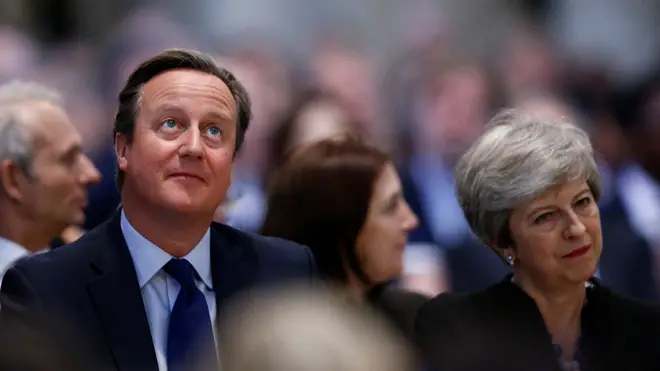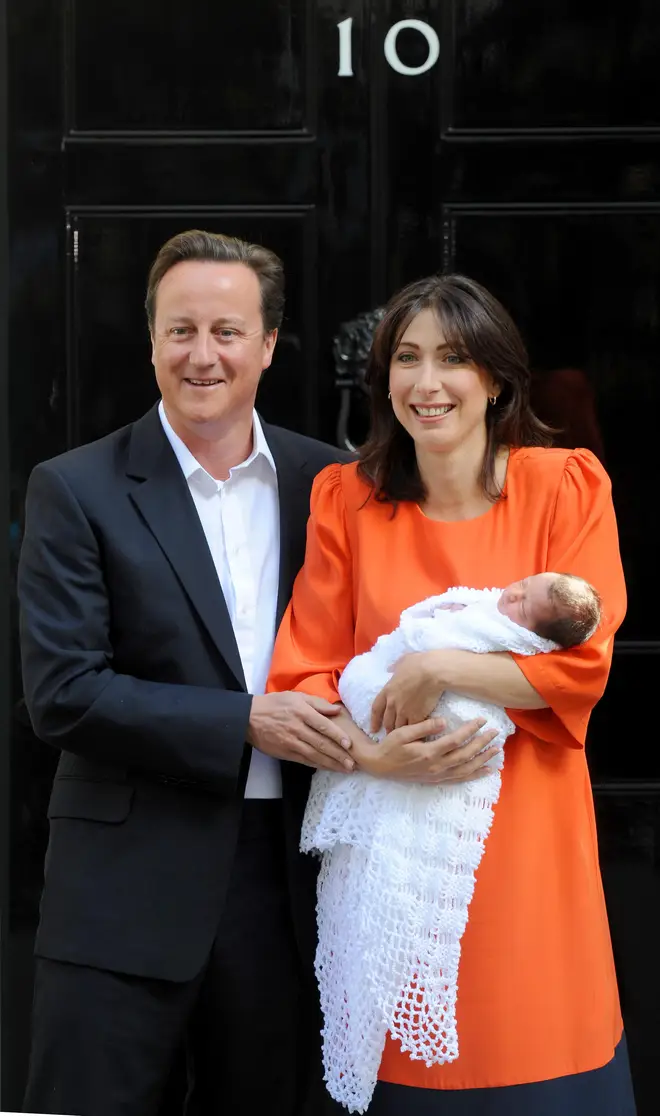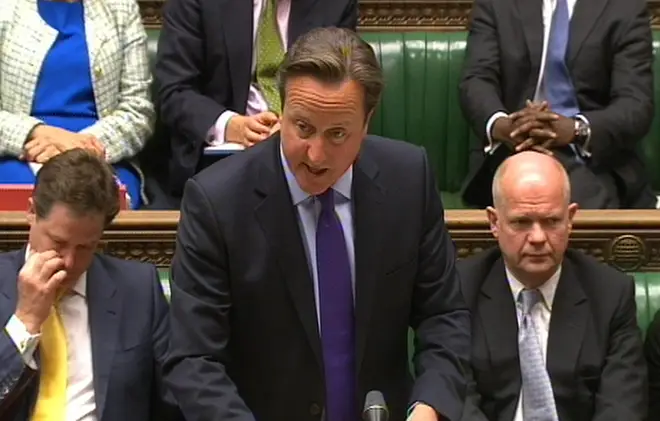
Tom Swarbrick 4pm - 7pm
13 September 2019, 17:39

David Cameron has apologised for the uncertainty caused by the Brexit referendum, saying he is ‘truly sorry’ for the division it has caused in the UK.
Former prime minister Mr Cameron, 52, said he thinks about the consequences of the vote to leave the EU "every single day" and worries "desperately" about what will happen next.
He also said a second referendum cannot be ruled out, saying it could be a way of ‘unblocking the blockage’ of Brexit.
He made the remarks in an interview with the Times ahead of the publication of his book For the Record, which is to be serialised in the newspaper.
He admitted that some people will "never forgive" him for holding the referendum and even more so for losing it.
Mr Cameron also refused to rule out a second referendum because the country is currently "stuck" in a quagmire.
He said: "I'm not saying one will happen or should happen. I'm just saying that you can't rule things out right now because you've got to find some way of unblocking the blockage.
"I think there are certain things you shouldn't do to unblock the blockage. I think proroguing parliament - pretending it doesn't exist - I think that would be a bad thing."
Asked about No Deal he described it as a "bad outcome" and an option that should not be pursued.
Since the referendum took place he said he worries about Brexit a lot and his new book explains that he did not simply walk away from his job at No 10 without caring.

Leaving the position he loved left him "hugely depressed" and holding a referendum was not a decision he took "in any way lightly."
Mr Cameron told The Times: "It was a perennial worry. But I wasn't happy to leave. I was miserable giving up the job I love and working for the country I loved. I was miserable about it."
He admitted he has had "some robust exchanges" with people since the referendum and those conversations have seen all manner of things said to him.
Although the former PM remained optimistic that the country can leave the European Union as "friends, neighbours and partners," he also reflected on how Remain handled the 2016 vote and what it means for the future.
He said: "I think about this every day. Every single day I think about it, the referendum and the fact that we lost and the consequences and the things that could have been done differently, and I worry desperately about what is going to happen next."
Asked if he found sleeping hard, he responded by repeatedly said he worried about it a lot.

During his tenure at No 10, Mr Cameron faced political pressure from those within and outside of his party who called for a referendum on EU membership.
He stated that this was the reason for holding the vote and he would still come to the same conclusion today, despite the effect it has had on the country.
If he was to change anything about the process he said he should have limited people's expectations prior to the referendum when he approached the EU asking for concessions.
Asked why he thought Remain lost, he argued that the opposition had a more powerful emotional argument, helped by people's passion over immigration and taking back control.
In his book he wrote how Boris Johnson and Michael Gove behaved "appallingly" during the referendum, citing Mr Johnson had never previously arguing for leaving the EU and Mr Gove, a "liberal, compassionate, rational Conservative," making statements about "being swamped" by Turkey joining.